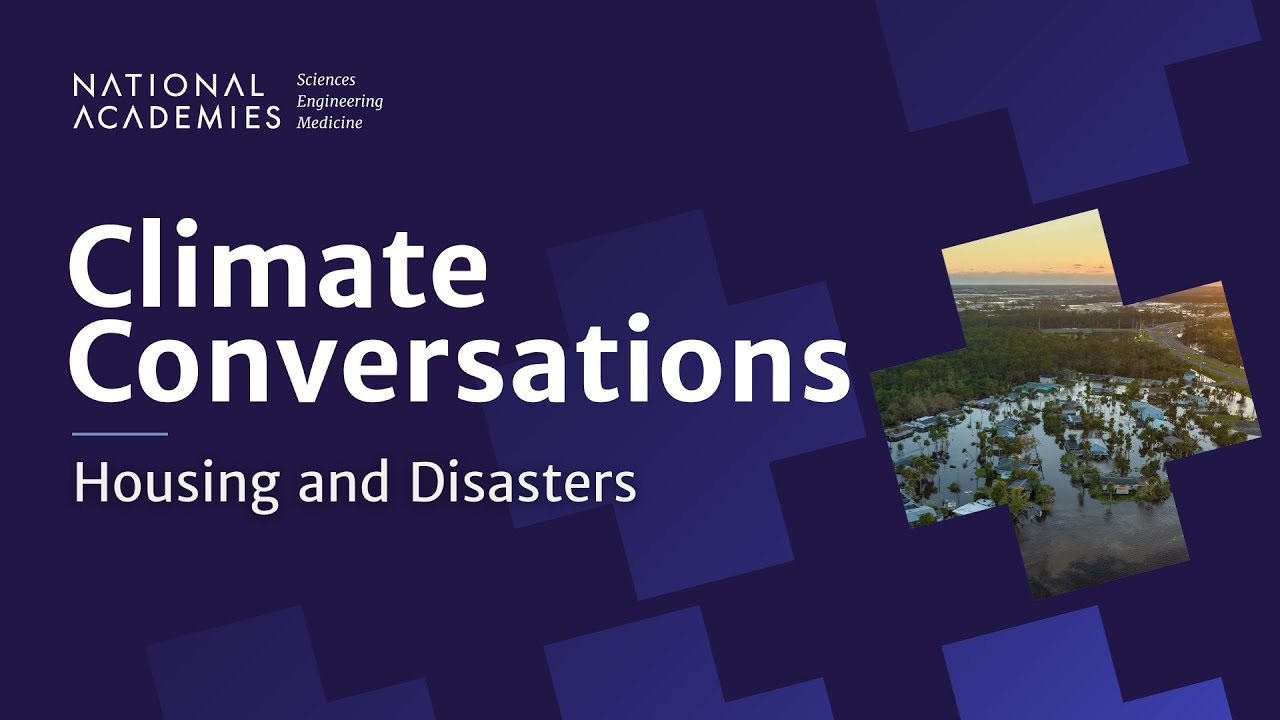
Disaster planning and recovery have historically centered around a single, isolated event. However, climate change is driving more high-intensity events, with disaster after disaster striking the same regions without time to fully recover between events, exacerbating the impact of each subsequent incident. Compounding disasters that introduce new, interconnected, and complex risk scenarios are expected to increase in frequency and will require comprehensive new strategies for emergency planning and response. Infrastructure resilience is one aspect of this: constructed buildings, such as homes, are unable to withstand the compounding impacts of multiple disasters, leaving already vulnerable populations without shelter and comfort. Christopher Flavelle (The New York Times) will moderate a conversation between Carlos Martín (Harvard University) and Tracy Kijewski-Correa (University of Notre Dame) discussing housing resilience and access in the context of compounding disasters and how to rethink our disaster framework to adapt to this new reality.
Carlos Martín is Project Director of the Remodeling Futures Program at Harvard University’s Joint Center for Housing Studies and incoming Vice President for Research and Policy Engagement at Resources for the Future. He has led housing research and policy analysis for over 25 years in public, academic, and civil-sector positions. Martín has served on multiple National Academies committees—including the Committees on Accelerating Decarbonization and on Measuring Community Resilience—and is currently on the Board on Energy and Environmental Systems. He received his BSAD in Architecture from MIT, and MEng and PhD degrees from Stanford.
Tracy Kijewski-Correa is the William J. Pulte Director of the Pulte Institute for Global Development at the University of Notre Dame’s Keough School of Global Affairs. As a professor of Civil Engineering and Global Affairs, her research seeks to enhance the resilience and sustainability of hazard-exposed communities, with particular emphasis on climate adaptation and disaster risk reduction. She currently serves as the inaugural director of the Structural Extreme Event Reconnaissance (StEER) network mobilizing networks of engineers to assess disaster impacts globally.
Christopher Flavelle is a Climate Reporter with The New York Times, where he focuses on how governments, businesses and communities try, and often struggle, to adapt to climate change. He has written extensively about insurance, building standards, migration, groundwater management, and geoengineering, among other topics.
source



